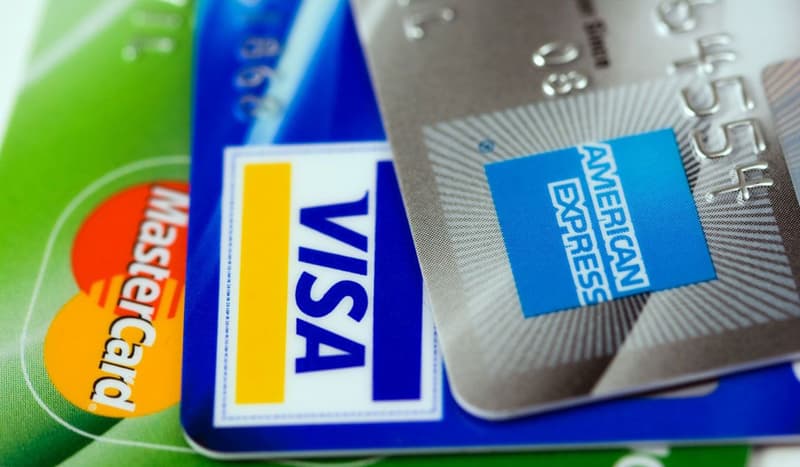Falling Victim To Financial Fraud

Latest research shows that more of us are falling victim to financial fraud. So what can we do to make ourselves safer? Are there simple ways to prevent criminals getting access to our money and details?
Research published today shows that over a third of Brits are worried about being the victim of fraud. The poll conducted by Gocompare also found that 12% of UK adults have already been the victim of this type of fraud.
Common financial fraud committed includes fraud where your card isn’t present, using lost or stolen cards, cash machine fraud and phishing. The latter is on the increase. Phishing involves sending e mails to someone pretending to be a reputable company or informing you that you have won a competition. So what can we all do to protect ourselves more?
Protect Your Personal Information
In the research conducted by go compare it was staggering to note that 66% of people admitted that they shared personal data on social media, information like birthdates and anniversaries. Whils’t this may look very innocuous, fraudsters could use this data to guess at what our passcodes and pass words may be. In addition, get hold of a shredder and always shred documents that contain your name, address and any other personal data. As far as your card is concerned never let your bank card out of your sight and when you receive a new card in the post always sign the back straight away.
Passwords And PINS
Many people don’t have strong enough passwords, but this we mean they are easily guessed at. A good password or code can be defined as one that has a mix of lower and upper case letters, numbers and symbols. Never write any passwords down and don’t use the same password for online banking and social media.
Check Your Finances
Many of us don’t regularly check our credit card and bank statements. Don’t assume that all is ok. Check your statements and look for anything which looks odd or suspicious and report it immediately.
Be Safe Online
Because we conduct so much of our life online it’s easy to forget that whilst online activity is so easy and conducive with our busy lives it is also fraught with danger. You need to regularly update your computers firewall and anti-virus software. When you do shop online look for secure transaction symbols and remember to always log off from a site once you’ve completed a transaction.
Be Suspicious
I guess the message from all of the above is that we need to be more suspicious and less trusting. If you take a phone call from someone who says they work for your bank say that you will call them back and see what they say. Never give out personal details. Never trust that the person you are speaking to is who they say they are. If the call is genuine they will be happy for you to check them out. Also remember that banks and credit companies would never call you and ask you for numbers or PINS online or on the phone.
You Might Like
How To Avoid Being The Victim Of A Financial Scam
Do you know how to avoid financial scams? With online fraud on the increase in the UK, know what you can do to better protect your financesWhy Have A Credit Card?
Why would you choose to have a credit card? Choosing the right one for you is more important than ever with debt and your credit rating at stake.How To Find Financial News
Keep up to date on how to find financial news on the US, Aisa and UK stock markets as well as general financial information.Lost Or Stolen Credit Card?
If you have lost or had stolen credit cards then here's a brief consumer guide on what to do to ensure you are not liable and to reduce chances of identify theft!An Introduction to Gambling Online
If you're new to betting or gambling online, then check our introduction to online gambling and games.
Useful Websites
- KRIVINSKAS & Company
A dynamic young firm specialising in commercial litigation and serious fraud - The Private Investigator
Virtual business portfolio, focal point for private investigators, private detectives, enquiry agents, fraud investigators, fraud examiners and other fact finders - Maxima Group
Independent source of intelligence and a centre of excellence on all aspects of corporate fraud, bribery, corruption, embezzlement, conflicts of interest, counterfeiting, piracy, management and blu - The Risk Advisory Group
Independent corporate investigations and intelligence consultancy for mergers and acquisitions support, market and competitor intelligence, employee screening, risk reviews, fraud investigation and pr - International Compliance Association
The International Compliance Association supports and educates compliance professionals in the fight against terrorist financing, corruption, money laundering and financial crime. - Add Your Website Here